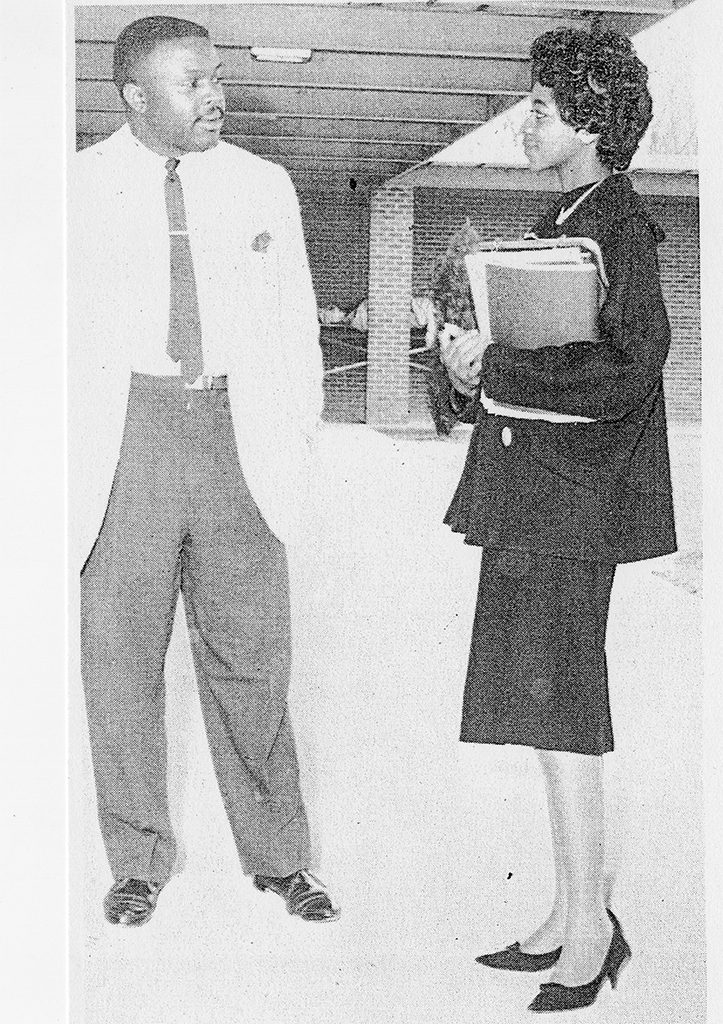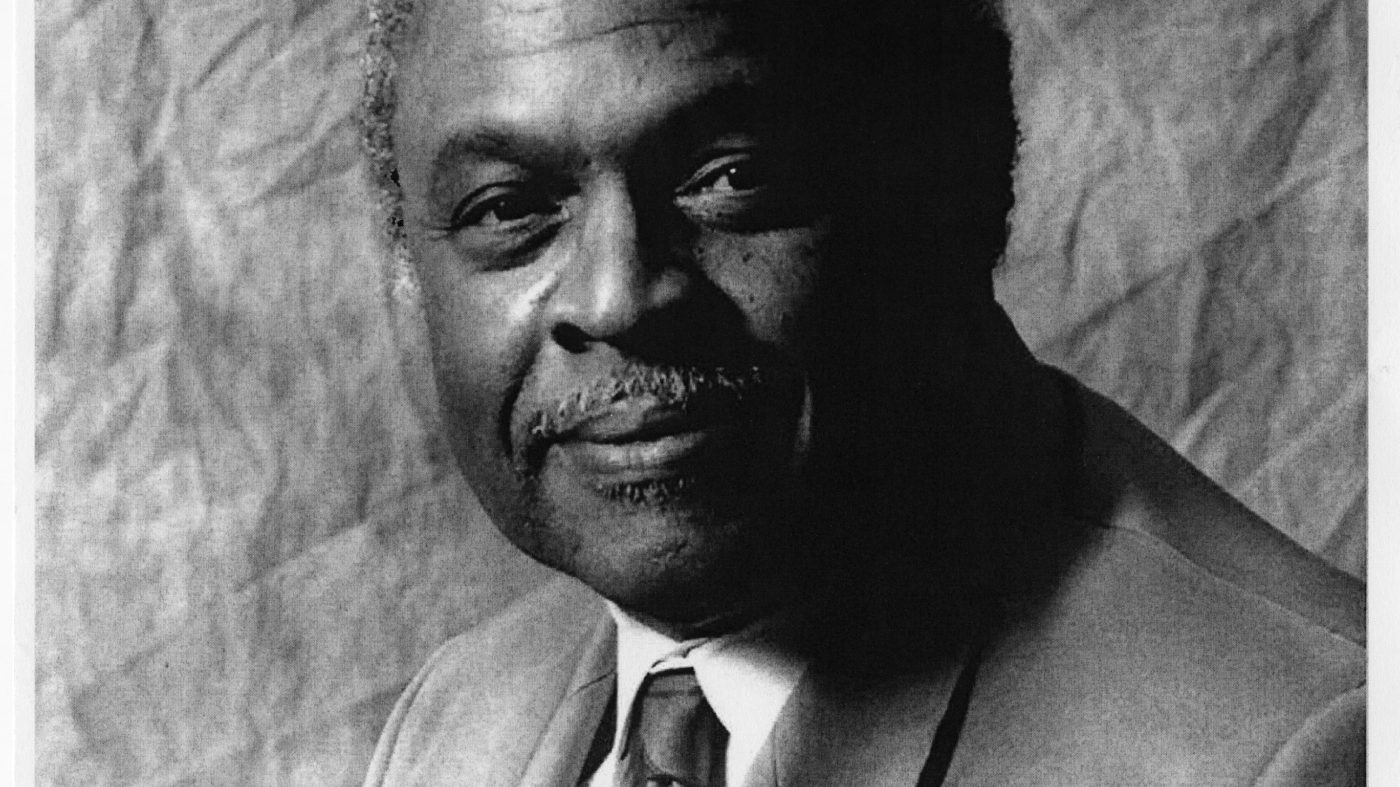Following graduation from AM&N College, William “Sonny” Walker went on to work as a teacher, leader, and administrator at Horace Mann High School (Now Horace Mann Magnet Middle School). Horace Mann is located in East Little Rock off of I-30 and E Roosevelt Road. He coached, taught honors English and served as proctor of the debate team and drama club to the benefit of a generation of students. In 1957, with the historic Supreme Court decision of Brown v. Board of Education and the decision to integrate Little Rock Central High School, Sonny helped prepare the Little Rock Nine and even helped ferry them to and from Central. He also managed the campaign of T.E. Patterson who became the first African American elected to the Arkansas School Board in 1966.

In 1965 Sonny moved to New York, leaving Arkansas for the first time in his life to assist with the development and management of one of the first headstart programs in the country called the Crusade for Opportunity.
In 1967, he moved back to Arkansas where he became the executive director of the Economic Opportunity Agency. In 1969, Sonny accepted an appointment by Arkansas Governor Winthrop Rockefeller to serve as the head of the Arkansas State Economic Opportunity Office. This appointment was controversial, as it was the highest office that a black man had achieved up to that point in Arkansas. This posting paved the way for more African Americans in government after him. From there he rose even higher. He was appointed by President Richard M. Nixon to be director of the Office of Economic Opportunity for the entire southeast region of the United States. He maintained this position when the Office of Economic Opportunity was succeeded by the US Community Services Administration.
Sonny served as director through four US Presidents, from Nixon to Reagan. While holding the office of Director of the US Community Services Administration, in 1972 he moved to Atlanta, Georgia, where he was division director of the US Department of Housing and Urban Renewal. By 1990, he worked with Coretta Scott King as a member of the board for the Martin Luther King Jr. Center for Non-Violent Social Change and as Coretta Scott King’s speechwriter. Sonny too, participated in the successful movement to make Martin Luther King Day a federally recognized national holiday.

